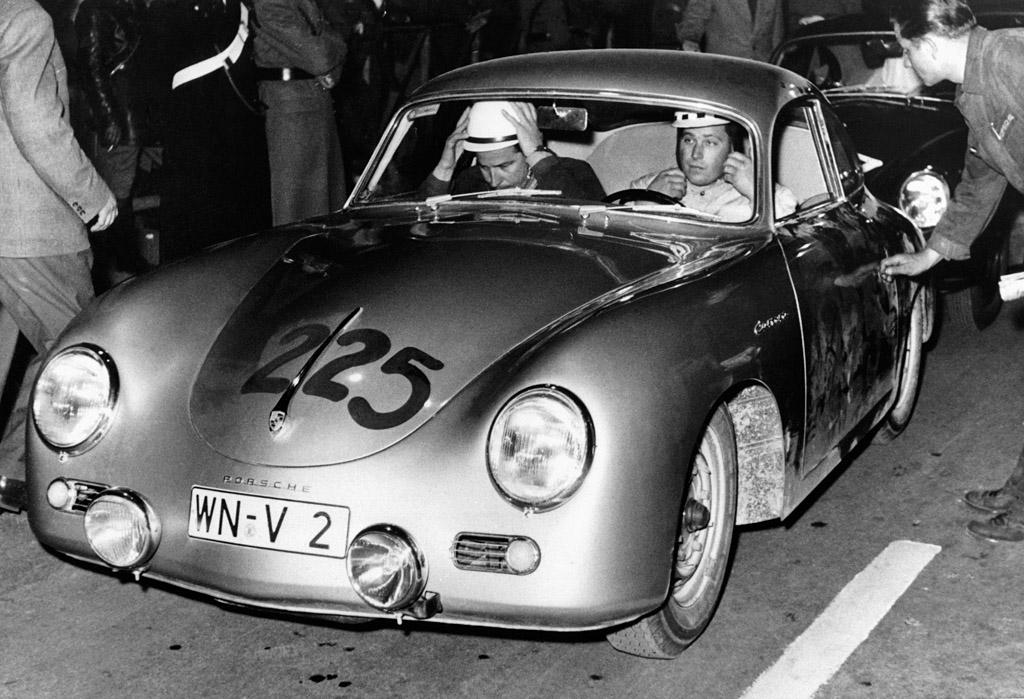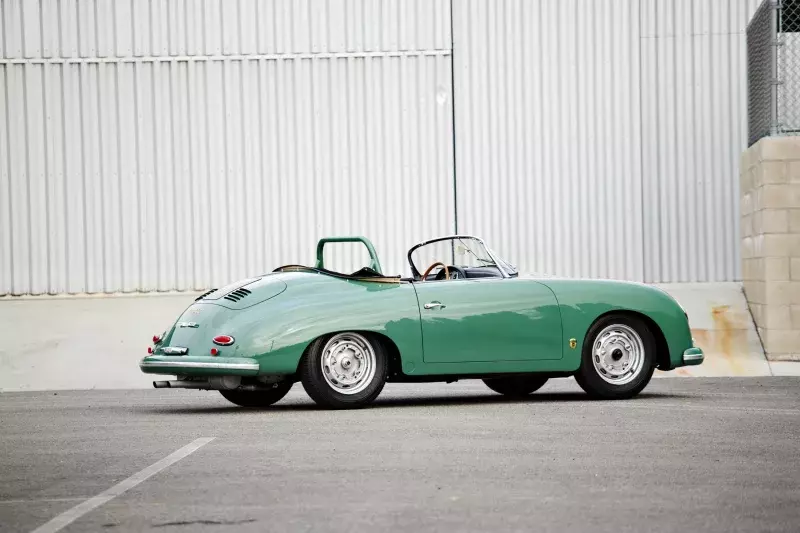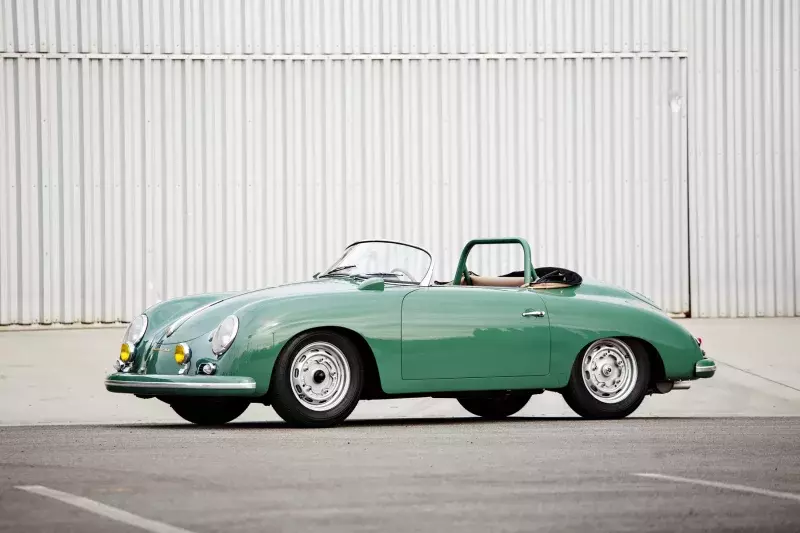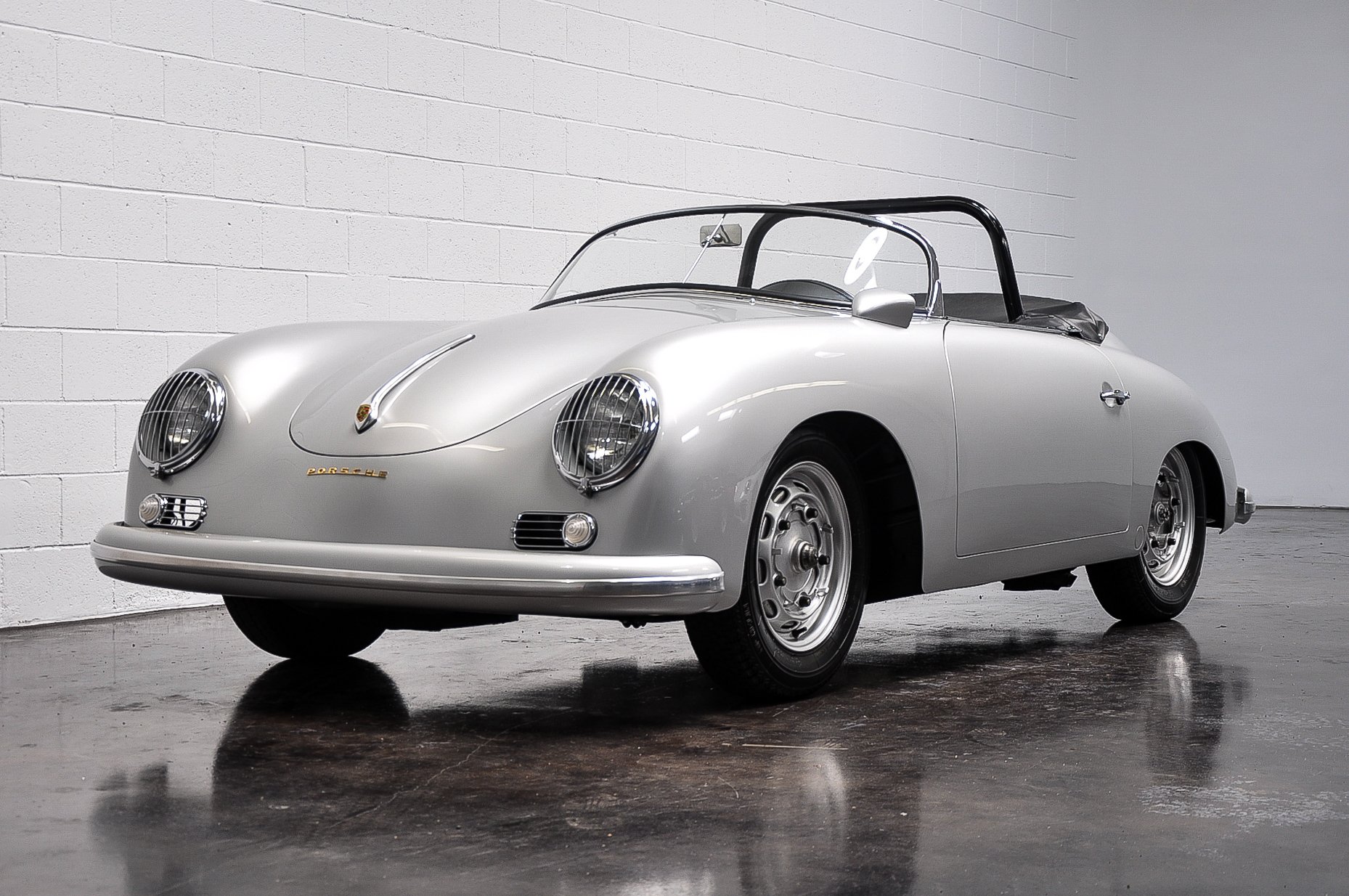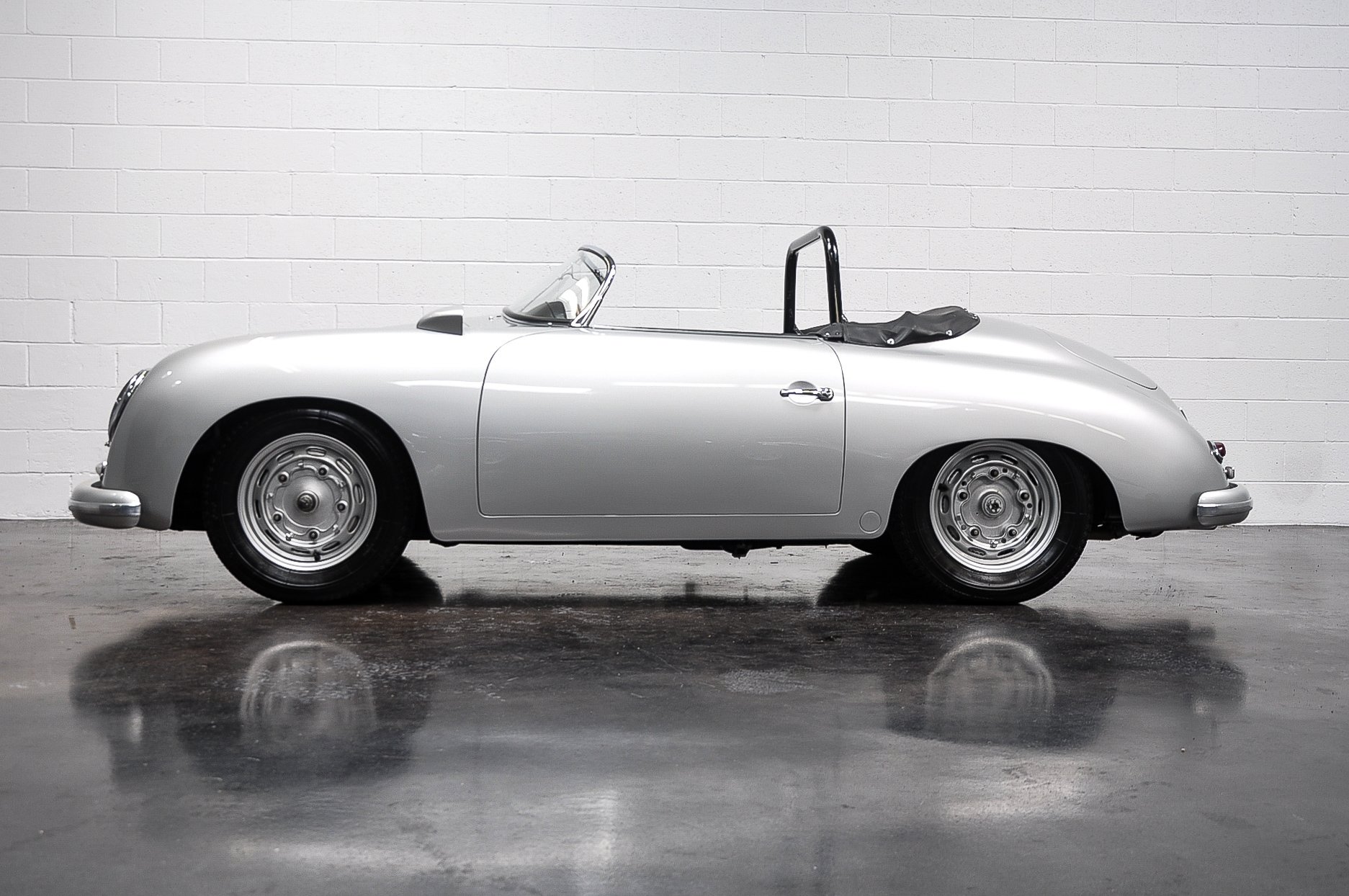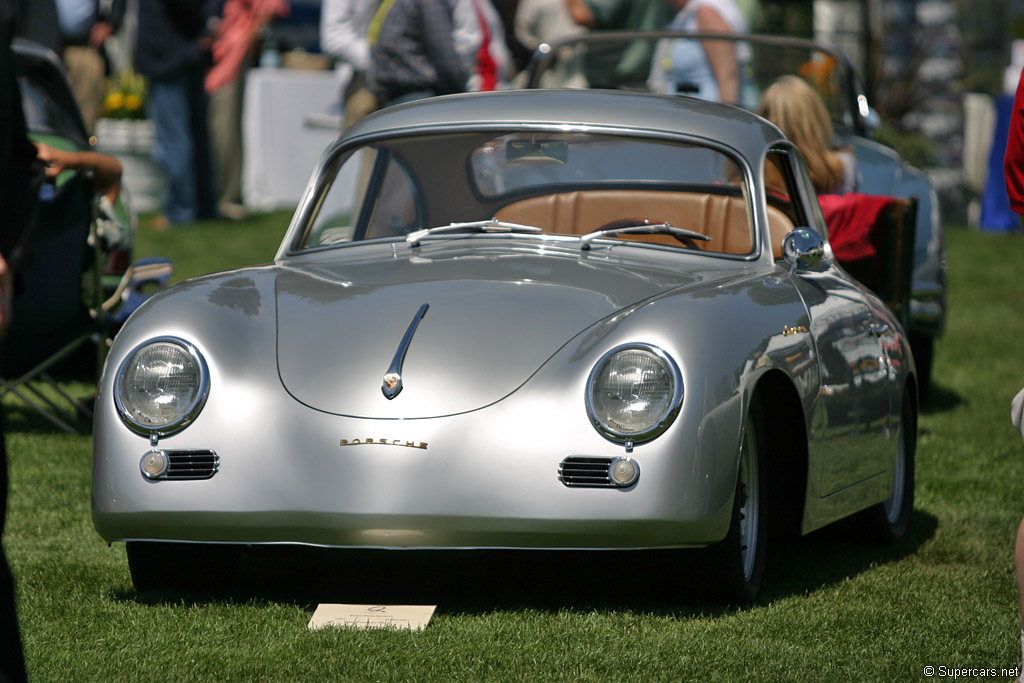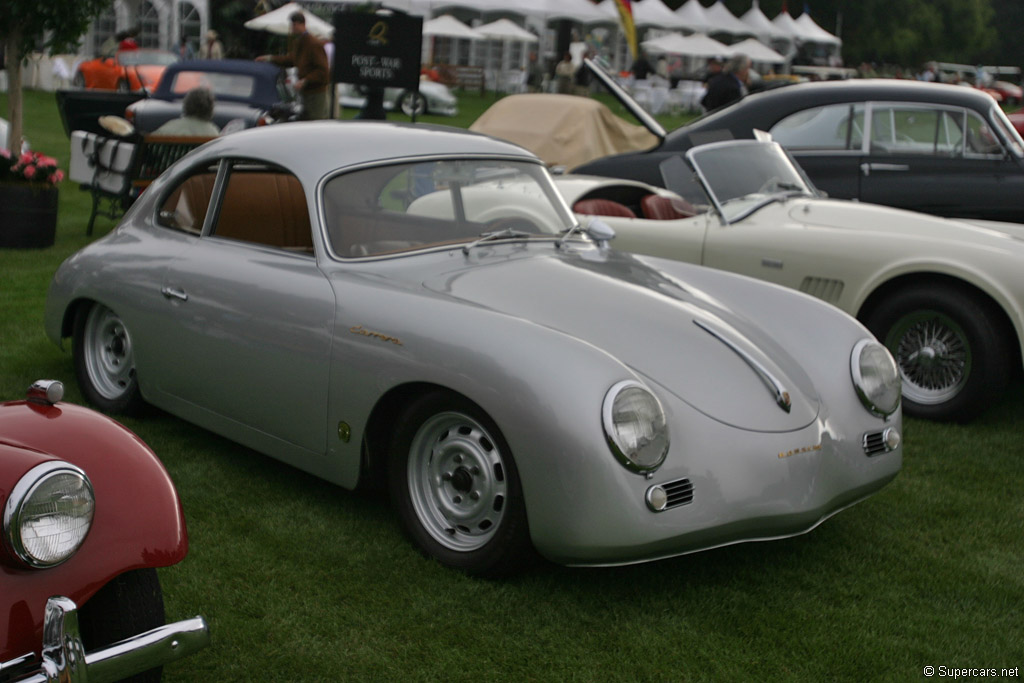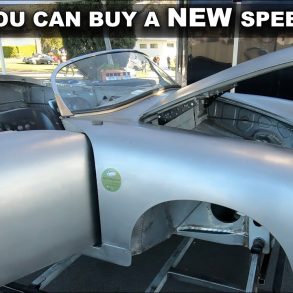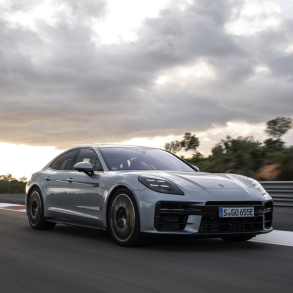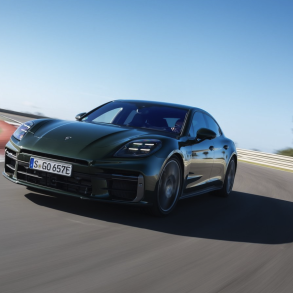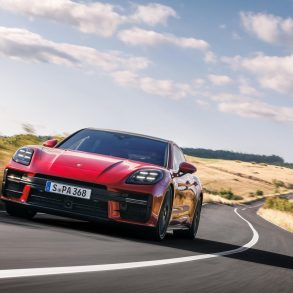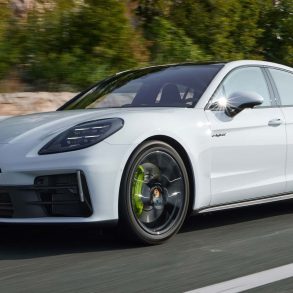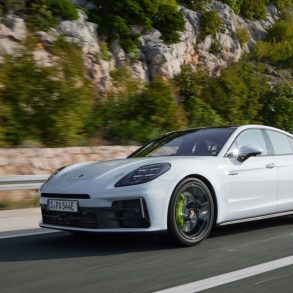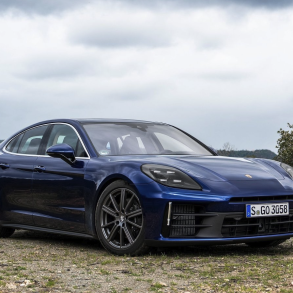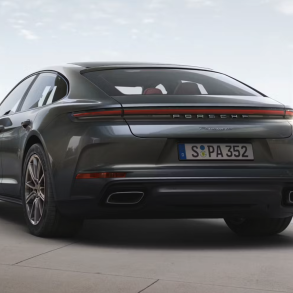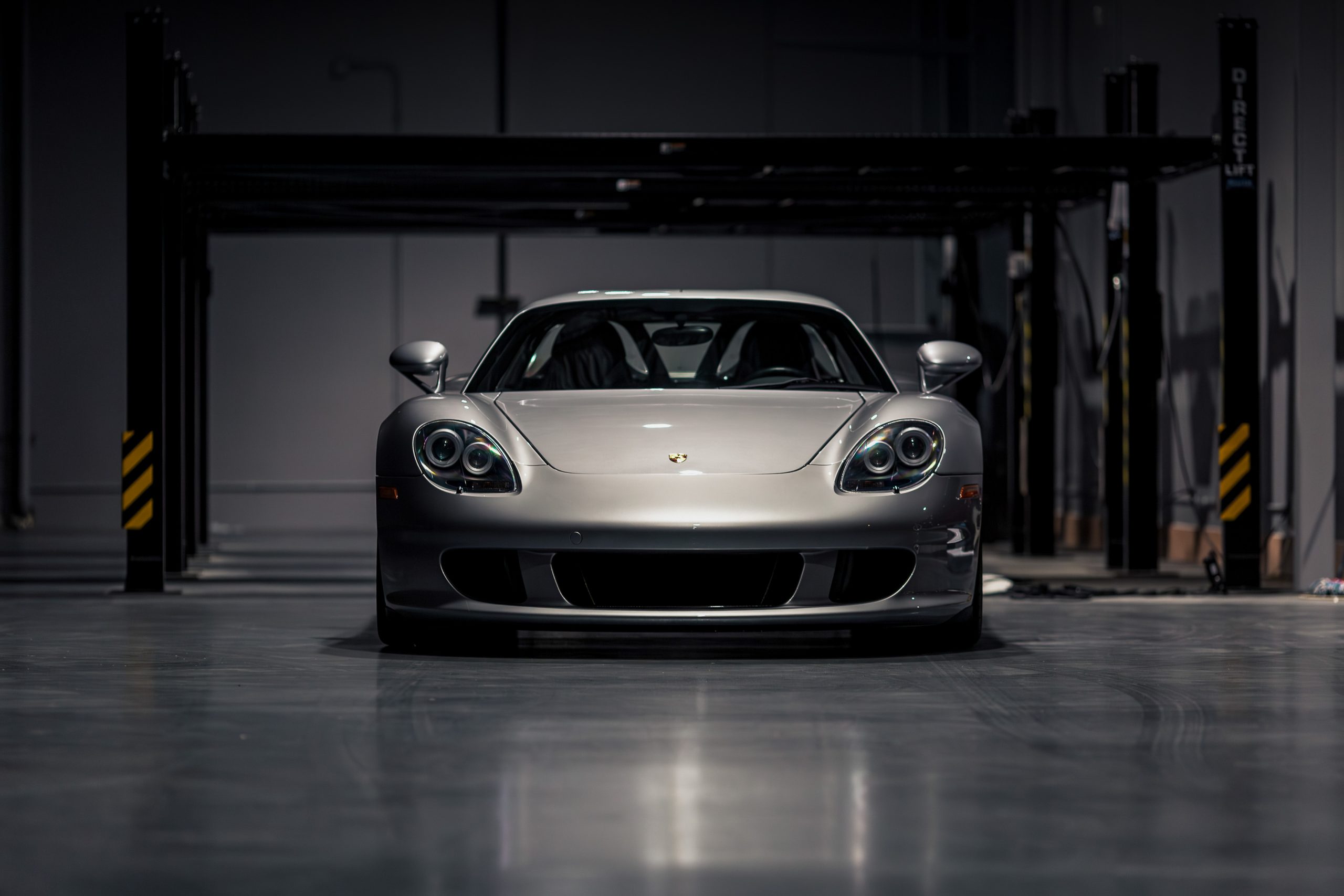1957 Porsche 356A/1500GS Carrera GT – Ultimate Guide
In May of 1957, Porsche offered two distinct versions of the Carrera, one called the de Luxe for the street and this model, the Gran Turismo, for the track. The main difference between the two models was weight.
The Carrera GT was a purpose-built car with little on board amenities. For instance, no heater was fitted giving the car its ‘icebox’ nickname. Furthermore, the interior was stripped of sound deadening, side windows were replaced by pull-up Perspex units and only simple door panels were fitted.
Further weight reduction was found on components like the lightened bumper brackets, Nardi aluminum steering wheel and no undercoating. Mechanically, the GT model was only slightly more powerful than the de Luxe, having sports muffler which provided little deadening and no heater. At the front, a 21 gallon tank was fitted instead of the 13.8 gallon unit.
Front braking was provided by 550RS units that were 10mm thicker and had cooling scoops. The torsion bars were also changed at the rear to provide one degree of negative camber.
Offered as both Coupe and Speedster the GT version was considerably lighter than any previous 356. The weight was 1903 lbs for coupe and 1848 for the speedster. Naturally performance values were slightly different between the two versions.
Some of the first Carrera GTs were raced in 1957 at the 12 Hours of Reims by von Hanstein and Hild, but with enlarged engines using slighly larger pistons to make a displacement of 1529cc. They won their class and finished sixth and seventh overall.
Probably the GT’s best moment came when Claude Storez used a Speedster to claim victory at the Liege-Rome-Liege rally in 1957. He used the same car to place fifth overall at the Tour de France.
In late 1958 the new T2 body style was released and Porsche offered an even better version of the Carrera GT. Offered both as a Coupe or Speedster the new car featured aluminum doors and engine hoods. These can be identified by louvers on the rear deck and an opening for the fuel filler cap on the front hood. Other less known refinements included a larger steering box, stronger front spindles and improved transmission.
Aluminum was also used in the bucket seat frames, two piece wheels with allow insert and aluminum trim strips for the front/rear bumpers. Less than 10 of these models were offered with quad-cam engines.
Porsche also fitted some factory race cars with Weber carburetors for 125 bhp and an external oil cooler. One of these was raced by Huschke von Hanstein and Herbert Linge to win the 1600cc class at the 1958 Sebring 12 Hour race. This same silver coupe went on to win its class at the Targa Florio.
Other cars continued the Carrera’s success throughout 1958 including Emanuel Pupilidy who won the SCCA’s F Production class.
Specs & Performance
| type | Racing Car |
| body stylist | Reutter Karosserie |
| engine | Type 547/1 Flat-4 w/Dry Sump Lubrication |
| position | Rear, Longitudinal |
| aspiration | Natural |
| valvetrain | DOHC, 4 Valves per Cyl |
| fuel feed | 2 Type 40PII Solex Carburetors or Optional Webers |
| displacement | 1498 cc / 91.41 in³ |
| bore | 85 mm / 3.3 in |
| stroke | 66 mm / 2.6 in |
| compression | 9:1 |
| power | 82 kw / 110 bhp @ 6400 rpm |
| specific output | 73.43 bhp per litre |
| bhp/weight | 127.32 bhp per tonne |
| torque | 118.6 nm / 87.5 ft lbs @ 5200 rpm |
| body / frame | Unit Steel |
| driven wheels | RWD |
| front brakes | 550RS Discs w/Cooling Scoops |
| curb weight | 863.96 kg / 1903 lbs |
| fuel capacity | 79.48 litres or 21 gal |
Pictures


